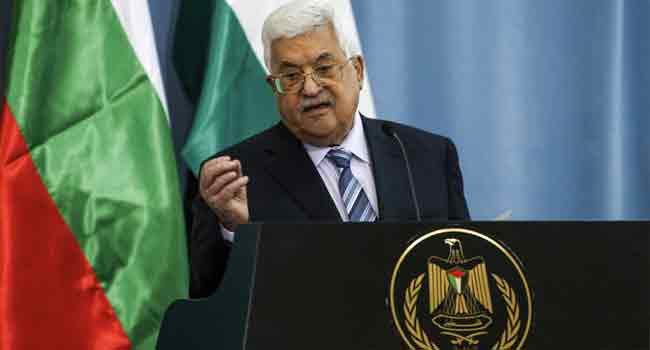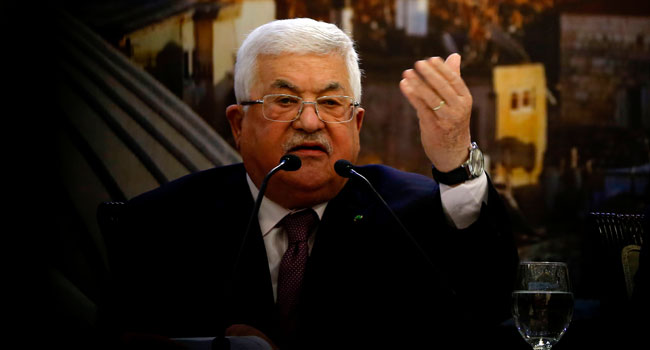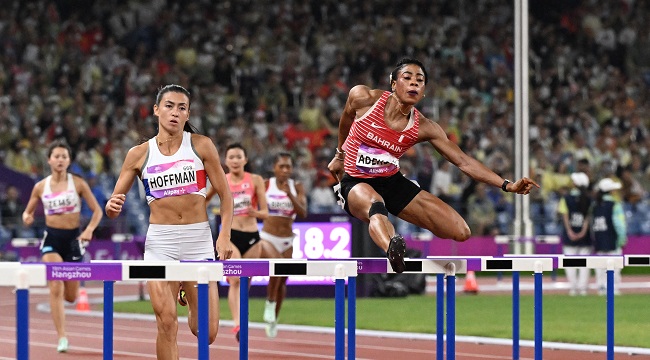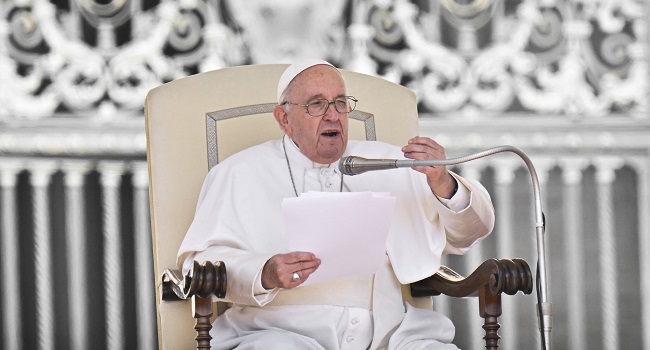
ABBAS MOMANI / AFP
Gaza’s Islamist rulers Hamas and their rivals Fatah in the occupied West Bank agreed Thursday to hold the first Palestinian elections since 2006, united by their opposition to Arab-Israeli normalisation deals.
Polls will be scheduled within six months under a deal reached between Fatah leader Mahmud Abbas and Hamas political chief Ismail Haniyeh, officials from both sides told AFP.
“We have agreed to first hold legislative elections, then presidential elections of the Palestinian Authority, and finally the Central Council of the Palestine Liberation Organization (PLO),” said Jibril Rajub, a senior Fatah official.
The last Palestinian parliamentary elections in 2006 saw Hamas win an unexpected landslide and the following year the Islamists seized control of the Gaza Strip in a near-civil war between the two factions.
Saleh al-Arouri, a top Hamas official, said the deal was reached during meetings held in Turkey.
“This time we reached a real consensus,” he said, speaking to AFP by phone from Istanbul.
“Divisions have damaged our national cause and we are working to end that,” he added.
The intra-Palestinian reconciliation attempts took on greater urgency after the United Arab Emirates and Bahrain normalised relations with Israel, becoming only the third and fourth Arab nations to do so.
Egypt and Jordan respectively signed peace deals with the Jewish state in 1979 and 1994.
– ‘Long overdue’ –
Senior Palestinian official Hanan Ashrawi welcomed the announcement to convene new elections, saying it was a “long overdue” move to “revitalise and unify” Palestinian ranks.
“The promising developments emerging from talks between Fatah and Hamas are welcome news for the Palestinian people,” Ashrawi said in a statement.
“Ending the ongoing rift in the political system is a pressing priority that is long overdue.”
Ashrawi called on Palestinian factions “to include women and youth in advanced positions in their electoral tickets”.
She also urged the international community to “ensure that Israel does not hamper or obstruct” the vote.
The 2006 Palestinians polls resulted in a brief unity government, but it soon collapsed and in 2007 bloody clashes erupted in the Gaza Strip between the two principal Palestinian factions.
Hamas has since ruled Gaza, while Fatah has run the Palestinian Authority based in the West Bank city of Ramallah.
Numerous attempts at reconciliation, including a prisoner exchange agreement in 2012 and a short-lived coalition government two years later, have failed to close the rift.
Including PLO elections in the agreement paves the way for Hamas to join the organisation, which unites various Palestinian factions including Fatah.
The PLO signed the 1993 Oslo peace accords with Israel, which have long since floundered.
Fatah has not said whether Abbas will seek re-election in the proposed polls.
The 84-year-old has been in office since the 2005 presidential election, when he won 62 percent of the vote.
According to a rare poll by the Palestinian Centre for Policy and Research carried out earlier this year, Hamas’s Haniyeh would beat Abbas in a presidential election.
The Fatah leader has repeatedly pledged elections over the past decade, but hurdles remain in spite of the Hamas deal.
Enabling Palestinian residents of occupied east Jerusalem to vote will prove particularly challenging, as Israel controls the city and prevents Palestinian officials from working there.
The accords between Israel and the UAE and Bahrain — both inked at the White House on September 15 — broke with decades of Arab consensus that ties with the Jewish state should not be established until it has signed a comprehensive peace deal with the Palestinians.
Turkey and Iran, both Muslim non-Arab nations, have been the most vociferous countries in opposing normalisation.
Ankara has “an ambition to lead” the Palestinian cause, pointing to “the hypocrisy of both Arab states and the West for not emphasising” the cause enough, according to Gallia Lindenstrauss of Israel’s National Institute for Security Research.
AFP




